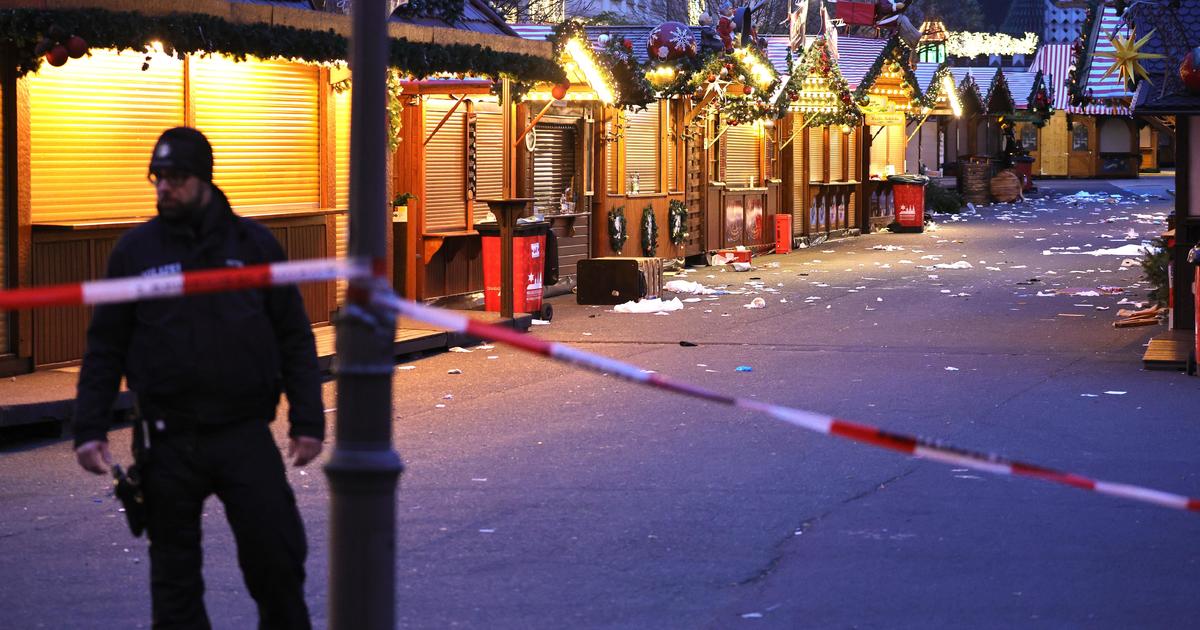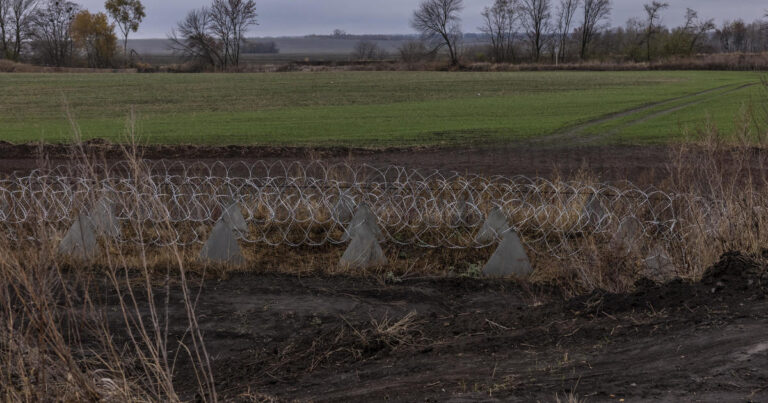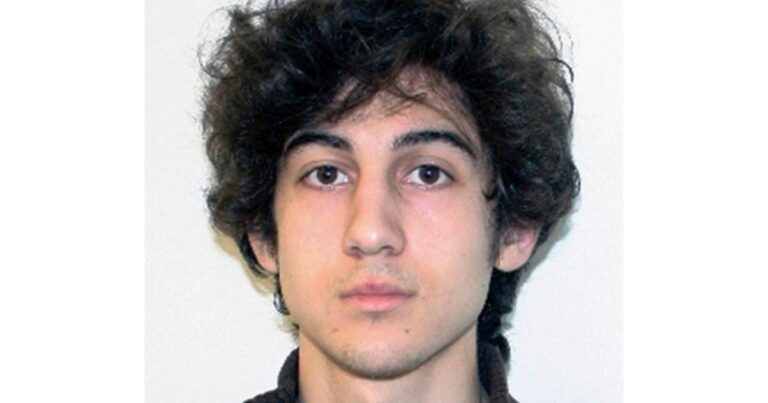
German authorities said they received information last year about the suspect in a car attack on a Christmas market in Magdeburg as more details emerged on Sunday about the five people killed.
The authorities have identified the suspect as a Saudi doctor who arrived in Germany in 2006 and obtained permanent residency. Police have not publicly named the suspect, in line with confidentiality rules, but some German media outlets identified him as Taleb A. and reported that he was a specialist in psychiatry and psychotherapy.
Authorities say he does not fit the usual profile of perpetrators of extremist attacks. He has described himself as an ex-Muslim who is very critical of Islam and has expressed in numerous social media posts his support for the far-right, anti-immigration Alternative for Germany (AfD) party. .
He is being detained while authorities investigate him.
The head of the Federal Criminal Police Office, Holger Münch, said in an interview with German broadcaster ZDF on Saturday that his office received a tip from Saudi Arabia in November 2023, which led authorities to launch “appropriate investigative measures”.
The German newspaper FAZ said it interviewed the suspect in 2019 and described him as an anti-Islam activist.
Omer Messinger/Getty Images
“The man also published a large number of messages on the Internet. He also had contact with various authorities, made insults and even threats. However, he is not known to have committed acts of violence ” said Münch, whose office is the equivalent of the FBI.
He added that the warnings, however, turned out to be very vague.
The Federal Office for Migration and Refugees also said on Saturday X that it had received information about the suspect at the end of summer last year.
“This was taken seriously, as was all other advice,” the office said. But it also stressed that it was not an investigating authority and was passing the information on to the relevant authorities. He gave no further details.
The Central Council of Ex-Muslims said in a statement that the suspect had “terrorized” them for years and expressed shock at the attack.
“He apparently shared the beliefs of the far-right AfD and believed in a large-scale conspiracy to Islamize Germany. His delusions went so far that he assumed that even organizations critical of Islamism were part of the Islamist conspiracy.” said the press release.
The group’s president, Mina Ahadi, said in the same statement: “At first we suspected that he might be a mole in the Islamist movement. But now I think he is a psychopath who adheres to conspiracy ideologies. far-right.”
Police in Magdeburg, capital of the state of Saxony-Anhalt, said on Sunday that the victims were four women aged 45, 52, 67 and 75, as well as a 9-year-old boy.
Authorities reported 200 injured, including 41 in serious condition. They were being treated at several hospitals in Magdeburg, located about 130 kilometers (80 miles) west of Berlin, and beyond.
The suspect was presented Saturday evening before a judge who, behind closed doors, ordered his placement in pre-trial detention for murder and attempted murder. He faces possible indictment.
The horror unleashed by a new act of mass violence in Germany suggests that migration is likely to remain a key issue as the country heads towards snap elections on February 23. on the agenda and led the government of Chancellor Olaf Scholz to strengthen border security measures.
Right-wing figures across Europe have criticized German authorities for allowing high levels of migration in the past and for what they now see as security failures.
Hungarian Prime Minister Viktor Orbánknown for his strong anti-immigration stance for years, used the attack in Germany to attack the European Union’s migration policy and called it a “terrorist act.”
At an annual press conference in Budapest on Saturday, Orbán insisted that “there is no doubt that there is a link between the changed world in Western Europe, the migration flowing there, in particular illegal migration and terrorist acts.
Orbán pledged to “fight back” against EU migration policies and claimed without evidence that “Brussels wants Magdeburg to come to Hungary too”.





